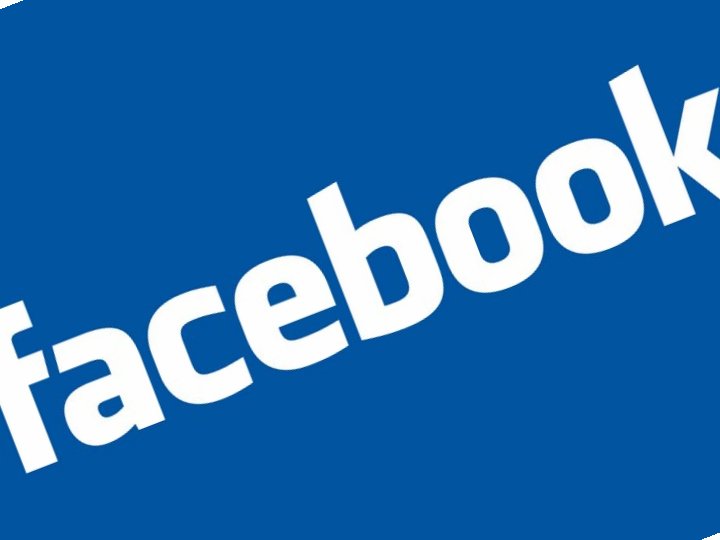Has Facebook jumped the shark?
Opinion: The days of Facebook's explosive growth are over

It came from nowhere and spread like a virus. Suddenly everybody we knew was on it - telling us what they'd been up to, uploading photos, sending flirtatious messages and logging on as if the site were crack and they were addicts.
In no time at all it had millions of users of all ages, and it was regularly name-checked in scandalous newspaper articles. People were using it to arrange affairs, or to waste time at work, or to post things they'd later regret.
And then we all dumped Friends Reunited for Facebook.
Facebook's success has been staggering. 150 million active users, 13 million people updating their statuses daily, 800 million monthly photo uploads and 52,000 installable applications. In just five years (today is Facebook's fifth birthday) Facebook has gone from zero to a genuine cultural phenomenon.
It won't last.
Don't get us wrong. Facebook is an extraordinary achievement, but its incredible growth is largely down to what's called the network effect. You join a site and invite your friends. They in turn invite their friends, who invite their friends, who invite their friends. Hundreds of users becomes thousands, then millions.
Eventually, though, the growth stops. It has to. You know those pyramid scams where you pay to join the scheme, and people you recruit pay you, and you're told you'll end up a millionaire? They all run out of steam, leaving almost everybody out of pocket, because to sustain the level of growth you soon need to recruit 10 times the population of the planet.
Get daily insight, inspiration and deals in your inbox
Sign up for breaking news, reviews, opinion, top tech deals, and more.
It's the same with social networks. Once you've added everybody you can think of, including people you'll later regret adding, you tend to stop sending invites. The fun wears off, you update your status less frequently, you get fed up fending off stupid requests to use stupid applications, and you start looking for a new playground.
Right now, that playground appears to be Twitter. Just look at Stephen Fry, who had around 30,000 followers a few weeks back. As we write this, the number has rocketed to over 100,000. (Incidentally, here's a fun game to play. Go to www.twitter.com/stephenfry and look at the number of followers. Wait a minute, hit refresh and look again. We tried it at 8am yesterday, and the numbers increased from 103,424 to 103,428 in sixty seconds. There's your network effect right there, because everybody who joins Twitter must follow Fry. It's the law.)
Facebook says that its key demographic is the over-30s; according to Hitwise, the fastest growing group of UK Twitter users is the 35-44 age group, which already accounts for 17 per cent of users. This is important, because Facebook wants to make money from advertising - and the over-30, early adopter, MacBook-toting super-connectors are where the big ad money is. If they're heading off to Twitter, which they appear to be, that's a clear sign that Facebook's days as the cool social network are coming to a close.
Facebook isn't finished any more than Friends Reunited or Friendster are - but in much the same way that Facebook eclipsed those sites, Twitter - and whatever the cool crowd moves onto after that - will eclipse it.
iPhone apps, Facebook Connect and new markets mean Facebook will continue to attract users, but the days of explosive growth are over. When was the last time you logged into Friends Reunited?
-------------------------------------------------------------------------------------------------------
Spending more time on Twitter than Facebook? Then read 12 Twitter-tastic apps to tame your tweets
Sign up for the free weekly TechRadar newsletter
Get tech news delivered straight to your inbox. Register for the free TechRadar newsletter and stay on top of the week's biggest stories and product releases. Sign up at http://www.techradar.com/register
Writer, broadcaster, musician and kitchen gadget obsessive Carrie Marshall has been writing about tech since 1998, contributing sage advice and odd opinions to all kinds of magazines and websites as well as writing more than a dozen books. Her memoir, Carrie Kills A Man, is on sale now and her next book, about pop music, is out in 2025. She is the singer in Glaswegian rock band Unquiet Mind.












